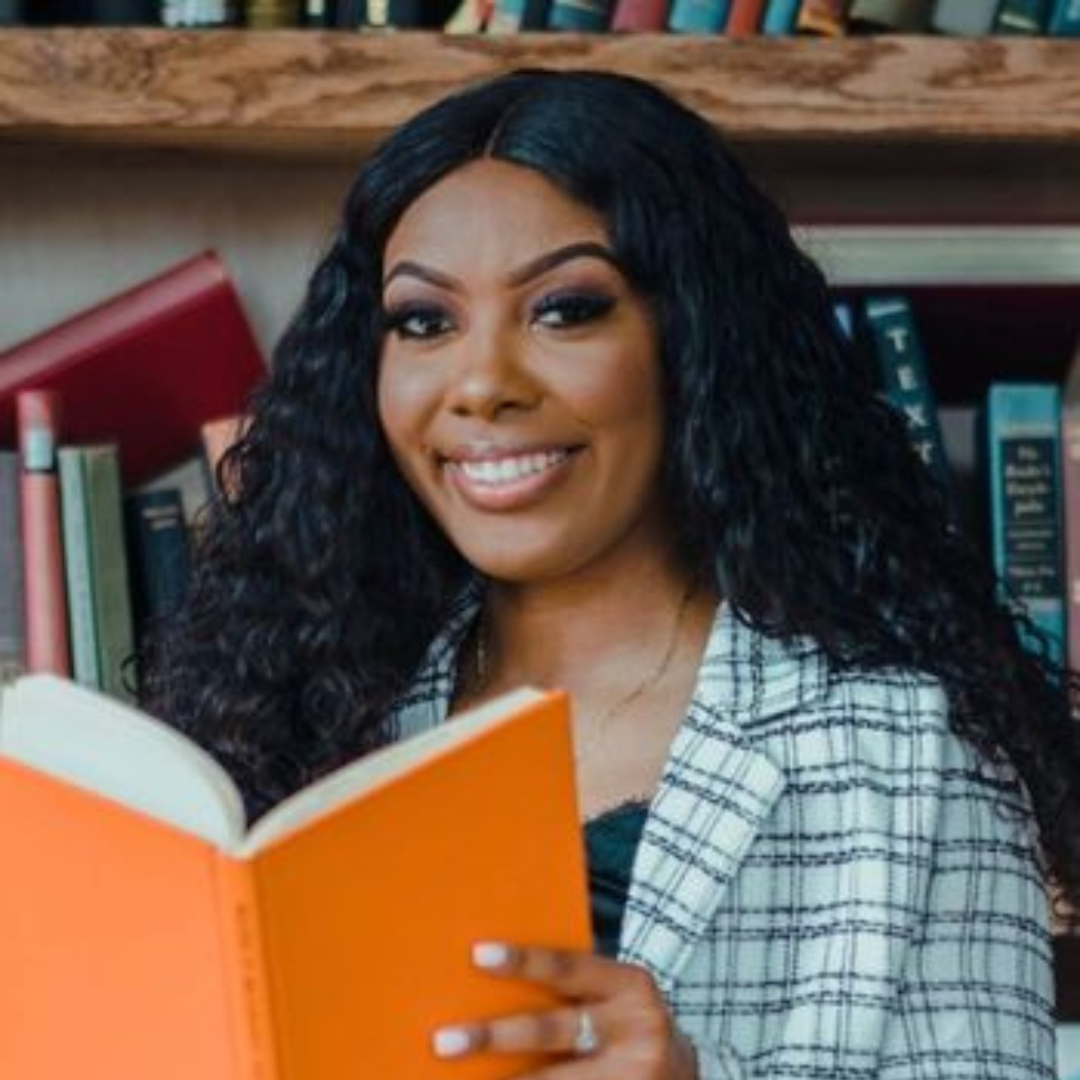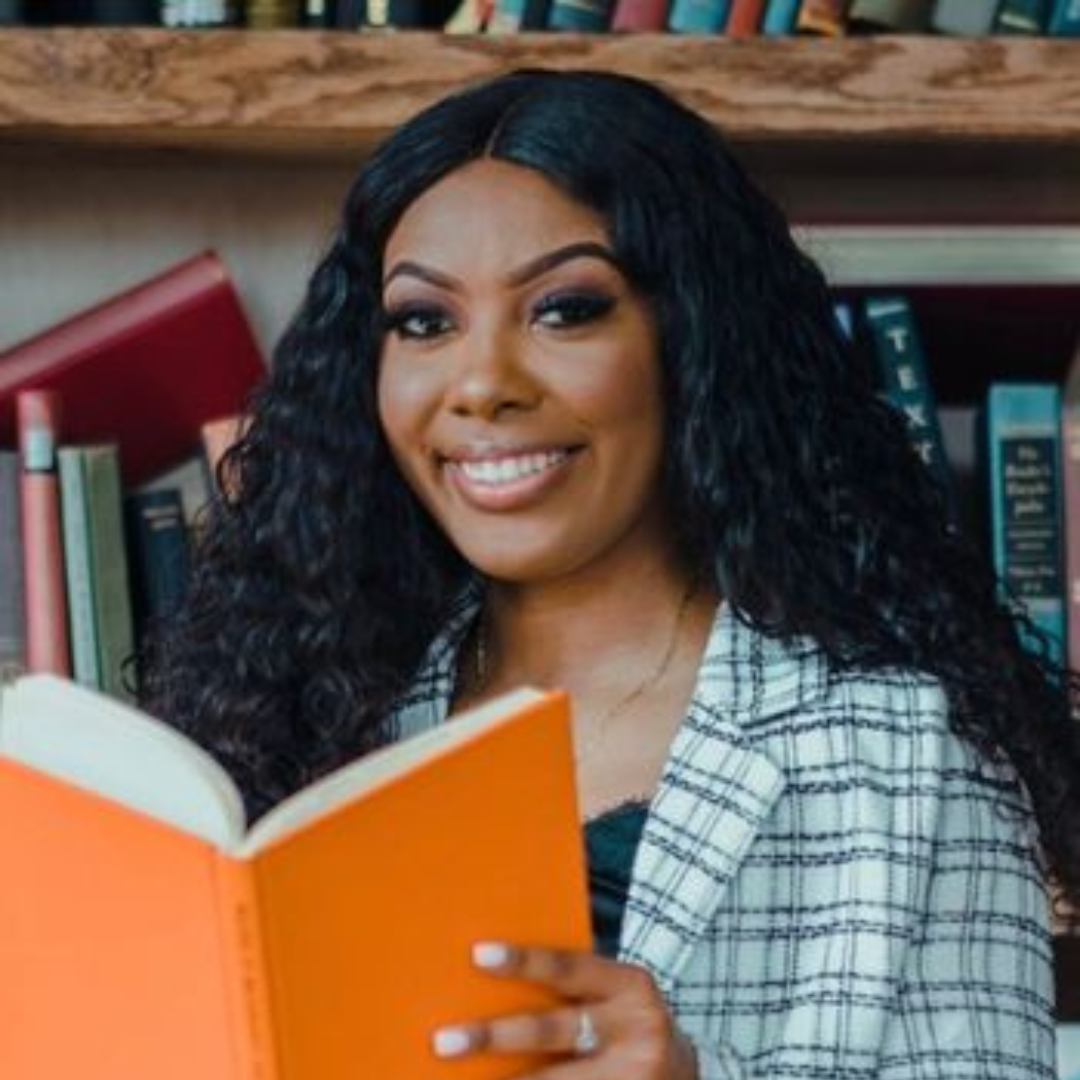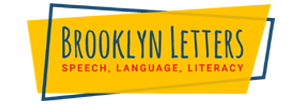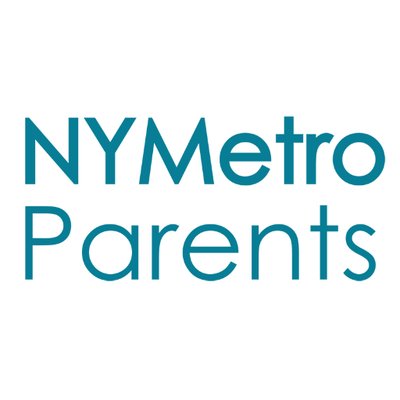WRITING TUTORING

As Featured In:
Our Writing Tutors Travel To Your NYC Metro Area Home! Expert In-Person 1:1 Writing Tutoring | Free Consultations and Meet & Greets with Our Staff.
Our Writing Tutors Travel To Your NYC Metro Area Home! Expert In-Person 1:1 Writing Tutoring | Free Consultations and Meet & Greets with Our Staff.
FOR LITERACY SERVICES OUTSIDE OF BROOKLYN
We travel to:
BROOKLYN NEIGHBORHOODS
Literacy Specialists
We travel to you and we also offer remote services. Our Literacy Specialists work on decoding, encoding (spelling), reading comprehension, and writing skills.
Literacy Specialists
We travel to you and we also offer remote services. Our Literacy Specialists work on decoding, encoding (spelling), reading comprehension, and writing skills.
Common Core English Language Arts (ELA) Standards & Worksheets
Training/Certifications
Common Core English Language Arts (ELA) Standards & Worksheets
Training/Certifications
Writing or written expression is one of the fundamental skills of literacy and communication. But for some children, developing writing skills needs special attention. This is particularly true for children with learning disabilities. A student with a learning difficulty will typically struggle with literacy, particularly with writing skills.
For students struggling at the word level with encoding (spelling), we highly recommend an Orton Gillingham approach with an emphasis on spelling tutoring. For students writing at the sentence level, there are various strategies and techniques to help students at the written level. For students struggling at the oral level of literacy, we have speech language therapists/pathologists who help students with their oral and written forms of literacy. Some students need help with vocabulary acquisition. For students with executive functioning (EF) difficulties, e.g. planning, organizing ideas etc., we help these students with EF at the appropriate modality/modalities, e.g. written, oral, both.

Writing Intervention Strategies
Writing is a multidimensional skill that requires mastery of different processes. A child must learn spelling, handwriting, and also planning, organizing, and revising ideas. Children with learning disabilities often have problems with phonemic processing (representing and manipulating sounds), alphabetic principles (recognizing sounds represented by letters), and letter-sound connections. This leads to difficulties in the transcription aspect of writing, and consequently, to their inability to communicate thoughts and ideas.
Effective writing intervention must address all aspects of the writing process using a particular strategy. Self-regulated strategy development (SRSD) is an instructional approach that adds self-regulation elements when teaching writing beyond the word level. It is designed to help students learn, use, and adopt techniques and strategies used by skilled writers. Through SRSD, students track, evaluate, and revise their writing to encourage independent learning and self-monitoring.
Guidance and scaffolded instruction are crucial to SRSD as teachers or tutors must explicitly show students how to create meaning when writing. There are six stages of instructional sequence that writing instructors can follow to help learners become more independent and adept at using SRSD. These stages are flexible, and the order is often rearranged, combined, modified, or repeated depending on the needs of the student and teacher (Graham & Harris, 2005).
- Develop background knowledge – The instructor explains and teaches skills a learner will need to understand, learn, and apply a particular strategy.
- Discuss it – The instructor evaluates the learner’s current writing performance before introducing a new strategy. He or she will then explain and discuss how it can help the learner accomplish writing tasks and become a more proficient writer.
- Model it – Through self-talk, think-aloud, and self-instruction, the instructor models the strategy to the learner. They will then discuss how to tailor it to meet the student’s needs.
- Memorize it – The learner memorizes the steps using mnemonics (if applicable) and self-statements.
- Support it – The student practices the strategy as often and in as many ways as possible. At the same time, the instructor supports, gives feedback, prompts, and encourages the learner. The levels of support and scaffolding decrease gradually over time to strengthen the learner’s independence and self-regulation skills.
- Independent performance – The learner practices and adapts the writing strategy independently.

Techniques for Writing Instruction
At Brooklyn Letters, our writing tutors focus on specialized and individualized intervention to improve the student’s written skills. The scope of our instruction addresses the six traits of writing, which are key ingredients in proficient writing. The six traits framework also allows teachers and tutors to assess a learner’s skills, identify strengths, and target weaknesses. These traits are:
- Ideas / Content: This refers to the main idea of a piece of writing. Learners choose a single topic and elaborate on it, using relevant information or supporting ideas to make the message clearer.
- Organization: This refers to the planning, drafting, and revising of thoughts and ideas. Students learn to reveal and write ideas logically (with a beginning, middle, and end).
- Word Choice: This refers to the effectiveness of each word that a student uses in a piece of writing. A strong vocabulary is important so the learner can use rich and colorful language as well as use the right words to convey a specific meaning.
- Sentence Fluency: Readability is key in effective writing, which means sentences must flow smoothly, are easy to read, and have complete thoughts and variety.
- Grammar or Conventions: This trait refers to the learner’s ability to follow spelling rules, punctuation, capitalization, and grammar (such as conjugating verbs and knowing when to use those cute little adverbs).
- Voice: Learners need to be able to express themselves through writing. This is key in creating their own unique styles that showcase their individuality.
We teach strategies to facilitate writing development and address crucial writing skills, including:
- Vocabulary (nouns, action words, descriptors)
- Grammar (sentence construction, verb tense, and fragments, among others)
- Types of sentences (statements, questions)
- Increasing linguistic complexity (compound to complex sentences)
- Types of paragraphs (reason, persuasion, comparison, and contrasting)
- Improving organization/cohesion of ideas (map out setting, identifying problems, goals, episodes, connecting ideas, visual and verbal organizers, and more).
These skills are targeted independently for remediation, and they are also implemented in the student’s curriculum.
We take into consideration the student’s interests, strengths, challenges, and learning style when developing activities to enhance written language skills. These activities may include pictures (including drawing), books (including picture books), personal experiences, art and music, journals, book reports, and editing (including correcting the tutor’s mistakes), to name a few.
(Related: Learn about Brooklyn Letters’ Online Literacy Assessment Evaluation).

Jill M.
M.S., Literacy Specialist

Dan B.
M.S. ED., NYS
Certified Childhood
General And Special Education (Grades 1-6)

Tamara C.
NY Early Childhood and
Students with Disabilities (B-2)

Brian
MAT in Early Childhood Education,
Certificate in Childhood Education (Grades 1-6)

Anastasiya K.
MA, NYS Certified
(Birth-Grade 2)
General And Special Education

Clint K.
Master’s in General
and Special Education

Tatiana S.
M.S. Elementary Education,
Certificate in Childhood
(Grades 1-6)

Janeese C.
Bachelor of Science
in Elementary Education
and Master’s Degree in
Special Education
Writing or written expression is one of the fundamental skills of literacy and communication. But for some children, developing writing skills needs special attention. This is particularly true for children with learning disabilities. A student with a learning difficulty will typically struggle with literacy, particularly with writing skills.
For students struggling at the word level with encoding (spelling), we highly recommend an Orton Gillingham approach with an emphasis on spelling tutoring. For students writing at the sentence level, there are various strategies and techniques to help students at the written level. For students struggling at the oral level of literacy, we have speech language therapists/pathologists who help students with their oral and written forms of literacy. Some students need help with vocabulary acquisition. For students with executive functioning (EF) difficulties, e.g. planning, organizing ideas etc., we help these students with EF at the appropriate modality/modalities, e.g. written, oral, both.

Writing Intervention Strategies
Writing is a multidimensional skill that requires mastery of different processes. A child must learn spelling, handwriting, and also planning, organizing, and revising ideas. Children with learning disabilities often have problems with phonemic processing (representing and manipulating sounds), alphabetic principles (recognizing sounds represented by letters), and letter-sound connections. This leads to difficulties in the transcription aspect of writing, and consequently, to their inability to communicate thoughts and ideas.
Effective writing intervention must address all aspects of the writing process using a particular strategy. Self-regulated strategy development (SRSD) is an instructional approach that adds self-regulation elements when teaching writing beyond the word level. It is designed to help students learn, use, and adopt techniques and strategies used by skilled writers. Through SRSD, students track, evaluate, and revise their writing to encourage independent learning and self-monitoring.
Guidance and scaffolded instruction are crucial to SRSD as teachers or tutors must explicitly show students how to create meaning when writing. There are six stages of instructional sequence that writing instructors can follow to help learners become more independent and adept at using SRSD. These stages are flexible, and the order is often rearranged, combined, modified, or repeated depending on the needs of the student and teacher (Graham & Harris, 2005).
- Develop background knowledge – The instructor explains and teaches skills a learner will need to understand, learn, and apply a particular strategy.
- Discuss it – The instructor evaluates the learner’s current writing performance before introducing a new strategy. He or she will then explain and discuss how it can help the learner accomplish writing tasks and become a more proficient writer.
- Model it – Through self-talk, think-aloud, and self-instruction, the instructor models the strategy to the learner. They will then discuss how to tailor it to meet the student’s needs.
- Memorize it – The learner memorizes the steps using mnemonics (if applicable) and self-statements.
- Support it – The student practices the strategy as often and in as many ways as possible. At the same time, the instructor supports, gives feedback, prompts, and encourages the learner. The levels of support and scaffolding decrease gradually over time to strengthen the learner’s independence and self-regulation skills.
- Independent performance – The learner practices and adapts the writing strategy independently.

Techniques for Writing Instruction
At Brooklyn Letters, our writing tutors focus on specialized and individualized intervention to improve the student’s written skills. The scope of our instruction addresses the six traits of writing, which are key ingredients in proficient writing. The six traits framework also allows teachers and tutors to assess a learner’s skills, identify strengths, and target weaknesses. These traits are:
- Ideas / Content: This refers to the main idea of a piece of writing. Learners choose a single topic and elaborate on it, using relevant information or supporting ideas to make the message clearer.
- Organization: This refers to the planning, drafting, and revising of thoughts and ideas. Students learn to reveal and write ideas logically (with a beginning, middle, and end).
- Word Choice: This refers to the effectiveness of each word that a student uses in a piece of writing. A strong vocabulary is important so the learner can use rich and colorful language as well as use the right words to convey a specific meaning.
- Sentence Fluency: Readability is key in effective writing, which means sentences must flow smoothly, are easy to read, and have complete thoughts and variety.
- Grammar or Conventions: This trait refers to the learner’s ability to follow spelling rules, punctuation, capitalization, and grammar (such as conjugating verbs and knowing when to use those cute little adverbs).
- Voice: Learners need to be able to express themselves through writing. This is key in creating their own unique styles that showcase their individuality.
We teach strategies to facilitate writing development and address crucial writing skills, including:
- Vocabulary (nouns, action words, descriptors)
- Grammar (sentence construction, verb tense, and fragments, among others)
- Types of sentences (statements, questions)
- Increasing linguistic complexity (compound to complex sentences)
- Types of paragraphs (reason, persuasion, comparison, and contrasting)
- Improving organization/cohesion of ideas (map out setting, identifying problems, goals, episodes, connecting ideas, visual and verbal organizers, and more).
These skills are targeted independently for remediation, and they are also implemented in the student’s curriculum.
We take into consideration the student’s interests, strengths, challenges, and learning style when developing activities to enhance written language skills. These activities may include pictures (including drawing), books (including picture books), personal experiences, art and music, journals, book reports, and editing (including correcting the tutor’s mistakes), to name a few.
(Related: Learn about Brooklyn Letters’ Online Literacy Assessment Evaluation).

Jill M.
M.S., Literacy Specialist

Dan B.
M.S. ED., NYS
Certified Childhood
General And Special Education (Grades 1-6)

Tamara C.
NY Early Childhood and
Students with Disabilities (B-2)

Brian
MAT in Early Childhood Education,
Certificate in Childhood Education (Grades 1-6)

Anastasiya K.
MA, NYS Certified
(Birth-Grade 2)
General And Special Education

Clint K.
Master’s in General
and Special Education

Tatiana S.
M.S. Elementary Education,
Certificate in Childhood
(Grades 1-6)

Janeese C.
Bachelor of Science
in Elementary Education
and Master’s Degree in
Special Education
FREE CONSULTATION!!!
Call: (347) 394-3485,
Text: (917) 426-8880
Email: [email protected]
(we respond to email right away!)
FREE CONSULTATION!!!
Call: (347) 394-3485,
Text: (917) 426-8880
Email: [email protected]
(we respond to email right away!)















